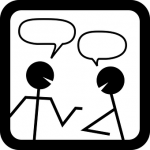Hallucinations in older persons

Information
Here you’ll find answers to some common questions concerning hearing and seeing things that others can’t
Select the underlined questions below to see more.
A hallucination is an experience of something that is not really there. It can involve any or all of the senses.
Hallucinations are more common than we realise and do not always mean we have a mental health problem.
The Hearing Voices Network suggest up to 78% of the population have heard unexplained voices at some point in their life and Rethink Mental Illness estimate around 1 in 10 people hear voices that others can’t.
A person may be experiencing hallucinations if they:
- Hear sounds or voices that nobody else hears. (Auditory)
- See things that are not there – like objects, shapes, people or lights. (Visual)
- Feel touch or movement in their body that is not real – like insects are crawling on their skin or their internal organs are moving around. Thinking their body is moving when it is not. (Tactile)
- Smell things that do not exist. (Olfactory)
- Taste things – that only they feel are not pleasant or are strange. (Gustatory)
Common causes of hallucinations in older persons:
- Infection, or confusion (delirium).
- A deterioration in a person’s eyesight or hearing.
- Diseases effecting eyesight and hearing for example tinnitus, macular degeneration or Charles Bonnet syndrome.
- Alzheimer’s disease or Parkinson’s disease.
- Anxiety, depression or bereavement.
- Poor sleep.
- Social isolation, older adults may rely on themselves for conversation, voices may function as a useful coping strategy for older adults, helping them to escape feelings of boredom, emptiness and distress caused by social isolation and lack of stimulation.
- Substance misuse
- Side effects from medicines although these are rare. However the drugs for Parkinson’s disease can often trigger hallucinations.
- After surgery and anaesthesia.
- Mental health conditions like schizophrenia or a bipolar disorder.
Hallucinations can be temporary. They can happen if you have had a migraine, a high temperature or just as you wake up or fall asleep.
People with dementia may be thought to be hallucinating but may actually be making mistakes interpreting what they have seen or heard, for example thinking a busy patterned carpet has insects on it.
Treatment for hallucinations:
If a person is experiencing hallucinations in the first instance make an appointment to see a GP in order to rule out any physical health causes.
A person may be advised to book an eye or hearing test.
Some people find hearing voices positive, they may provide company and even cheer you up. In older people medication would not be considered unless hallucinations are causing distress or increasing the risk of harm to a person, for example if they are leaving their property at night to look for a child they are seeing.
Drug treatments are often not that helpful for people with dementia. However hallucinations, particularly in people with dementia with Lewy bodies, may respond to anti-dementia drugs.
Antipsychotic medication can sometimes help to reduce severe or distressing hallucinations. They should only be used when other treatments have not worked, as they can cause unpleasant or dangerous side-effects. This medication should be regularly reviewed.
If a person has a mental health condition like schizophrenia, they may be given therapy or medicine to help reduce hallucinations.
Cognitive Behavioural Therapy (CBT) may help a person reduce the impact hearing voices is having on their life.
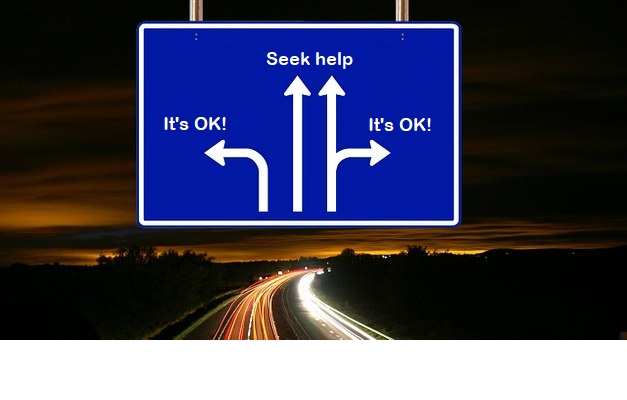
Coping with
Here you’ll find tips to help you cope with hearing and seeing things that others can’t.
The following buttons are self-help suggestions
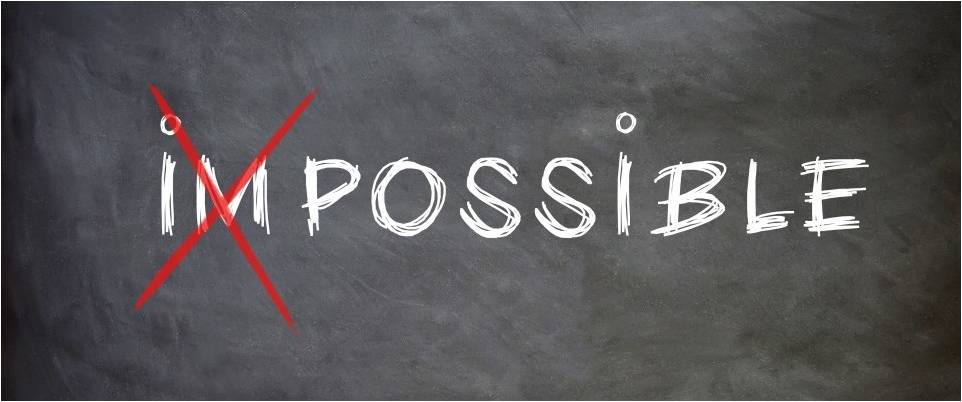
Finding help
What can you do?
- Talk to supportive family, friends.
- Talk to your GP
- Avoid keeping things to yourself.
Select the underlined topics below to view what resources are available.

Getting more help
If you haven’t already found the help you’re looking for, you can find additional information and services which are more interactive here.







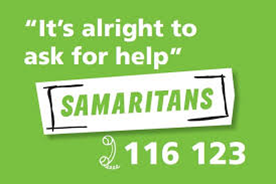




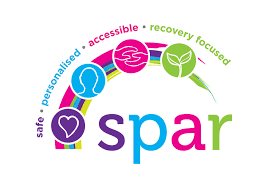
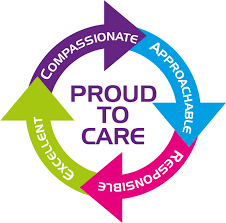




 Distract yourself with any activity that helps you to focus on something other than the hallucinations, for example watching a favourite TV programme or engage in a hobby.
Distract yourself with any activity that helps you to focus on something other than the hallucinations, for example watching a favourite TV programme or engage in a hobby.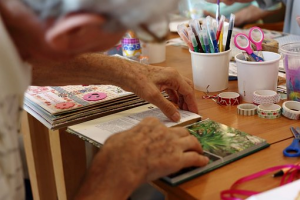
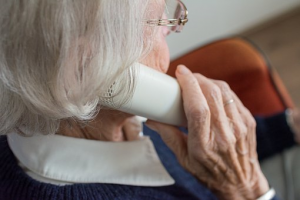
 Talk back to the voices, some people find challenging their voices or saying no to them is empowering. Ignoring the voices entirely can sometimes help to withdraw or deny their control. Some people find that ‘reality testing’ is helpful, this means checking the reality of what the voice is saying, for example, by asking someone you trust what they think.
Talk back to the voices, some people find challenging their voices or saying no to them is empowering. Ignoring the voices entirely can sometimes help to withdraw or deny their control. Some people find that ‘reality testing’ is helpful, this means checking the reality of what the voice is saying, for example, by asking someone you trust what they think.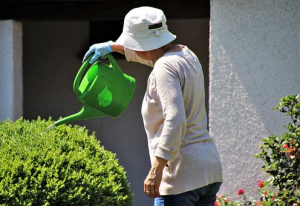
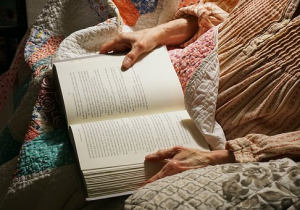 Sleep, our mental health improves when we can achieve a better quality and quantity of sleep. Keeping to a routine of sleep and waking times helps. Avoiding naps in the day. Avoiding excessive caffeine, nicotine and stimulants before bed. Avoiding excessive screen time use in the evenings and allow time to relax and wind down.
Sleep, our mental health improves when we can achieve a better quality and quantity of sleep. Keeping to a routine of sleep and waking times helps. Avoiding naps in the day. Avoiding excessive caffeine, nicotine and stimulants before bed. Avoiding excessive screen time use in the evenings and allow time to relax and wind down.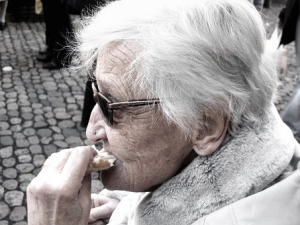 Diet, as we get older staying hydrated and eating regularly is very important, poor diet and fluid intake can contribute to hallucinations and poor mental health.
Diet, as we get older staying hydrated and eating regularly is very important, poor diet and fluid intake can contribute to hallucinations and poor mental health.